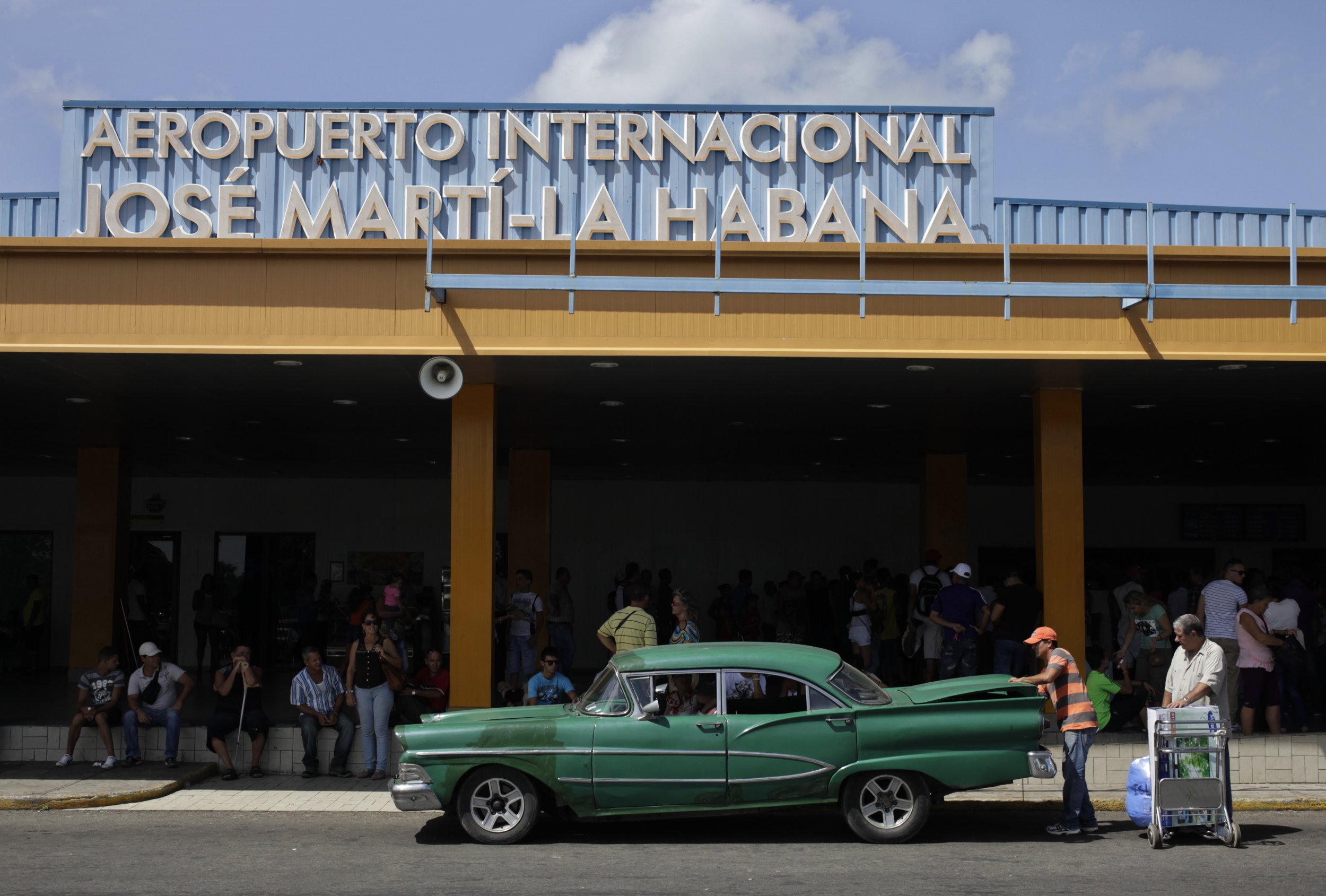
President Barack Obama's surprise announcement Wednesday about normalization in U.S.-Cuba relations will significantly change the nature of border security and border control on the waters in the Florida Straits that separate Cuba and South Florida.
Prior to the announcement, with the long-standing Cuban embargo in place, the greatest challenge facing the Department of Homeland Security (DHS) has been to detect threats and illicit activities. With very little legitimate air and maritime travel and commerce allowed between the two countries due to the sanctions, the flow of traffic between Cuba and the various ports (and airports) in Florida was very restricted and controlled.
Border control officials focused on ensuring the integrity of commerce and the legitimacy of official travelers between the two countries, while border security forces have concentrated on detecting illicit northbound (and southbound) traffic. The border security components of DHS, Customs and Border Protection, the U.S. Border Patrol, Immigration and Customs Enforcement and the U.S. Coast Guard focused their resources on detecting illicit activities above, on or below the 90 miles of ocean separating the two countries.
Over the past 10 years, illicit smuggling activities have primarily involved speedboats traveling at high speeds through the darkness of night and stormy weather, and Cuban economic migrants (over 2,000 in fiscal year 2014) traveling in homemade, slow-moving rafts and small boats, taking days to make the 90-mile trek. Although they face very challenging 24/7 detection and monitoring environment with a limited amount of resources (aircraft, ships, radars and other sensors), DHS forces currently have a narrowly shaped mission focused on detecting any anomalies outside of the limited and strictly regulated commerce with Cuba.
The recently announced changes in U.S.-Cuba policy—specifically, the lifting of travel restrictions and the promotion of business and commerce between the two countries—will require a significant change in the U.S. border security and border control missions between the two countries. Border control officials are likely to see a significant spike in the volume of commerce and in travelers that will seek to take advantage of the revised policies between the two countries.
Border security efforts will shift to face the challenge of monitoring and sorting through the significantly increased flow of northbound and southbound traffic, both legal and illicit, coming to the U.S. and heading south to Cuba. Monitoring and sorting will be especially challenging, as the expanding means of travel and commerce will result in significant spikes in air traffic, merchant ships, ferries and small-vessel traffic across a network of established and soon-to-be-developed or expanded maritime ports.
Implementing the policy changes outlined above will likely require additional U.S. border security and control resources to adequately support the expanding flow of commerce and travel, and to promote a safe, secured and monitored environment. As the details of the changes in U.S.-Cuba policy are announced—and in close coordination with the many U.S. and Cuban government departments and agencies that will be affected by this development—DHS components are going to need to carefully consider allocating additional resources to meet the anticipated increases in commerce and travel and the challenges of sorting out illicit activities.
Captain Pat DeQuattro, U.S. Coast Guard, is a 2014-2015 military fellow at the Council on Foreign Relations. He served most recently as executive director to the deputy commandant for mission support, where he was responsible for all facets of support for Coast Guard human capital, engineering, acquisitions and information technology programs. DeQuattro previously commanded Coast Guard Sector Key West, Florida; his operational deployments include drug interdiction in the waters off Central and South America and command of the cutter Sanibel. DeQuattro served as military aide to presidents Bill Clinton and George W. Bush. He is a graduate of the U.S. Coast Guard Academy and the University of Illinois, as well as numerous professional military education programs.
This article first appeared on the Council on Foreign Relations website, cfr.org.
Uncommon Knowledge
Newsweek is committed to challenging conventional wisdom and finding connections in the search for common ground.
Newsweek is committed to challenging conventional wisdom and finding connections in the search for common ground.
About the writer
To read how Newsweek uses AI as a newsroom tool, Click here.








